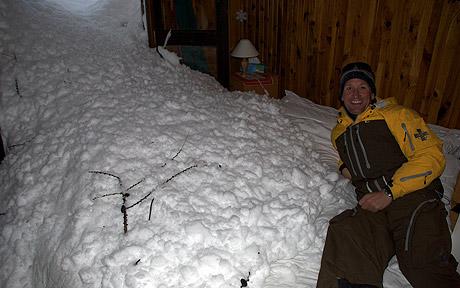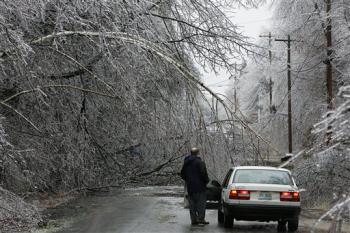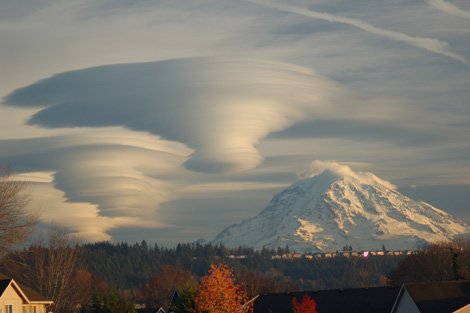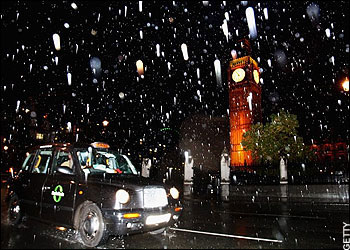- Study marks 20 years since Mendes murder
- Environmentalists divided over activist’s legacy
Twenty years after the killing of Chico Mendes, one of the world’s most prominent rainforest defenders, hundreds of human rights and environmental activists still face the threat of assassination in Brazil, a new study claims.
The report, compiled by Brazil’s Catholic Land Commission (CPT) and due to be released in full early next year, reveals that at least 260 people, among them a Catholic bishop, live under the threat of murder because of their fight against a coalition of loggers, farmers and cattle ranchers.
The list names Frei Henri des Rosiers, a French priest based in the Amazon town of Xinguara, as a particular target. Police are investigating claims he has a £14,000 price on his head because of his fight against slave labour. Also named are Maria José Dias da Costa, a union leader in the remote town of Rondon do Pará, and an Austrian bishop, Dom Erwin Krautler, who has been under 24-hour police guard for two years because of his battle against developers and child prostitution in his Amazonian diocese.
In February this year, Francisco da Silva, a 51-year-old leader of the landless movement in the Amazon, was killed with a single shot to the head. He had been named in a previous CPT report about rural leaders receiving death threats.
Read moreHundreds of Brazil’s eco-warriors at risk of assassination






 Australia is facing its worst drought in a century
Australia is facing its worst drought in a century







